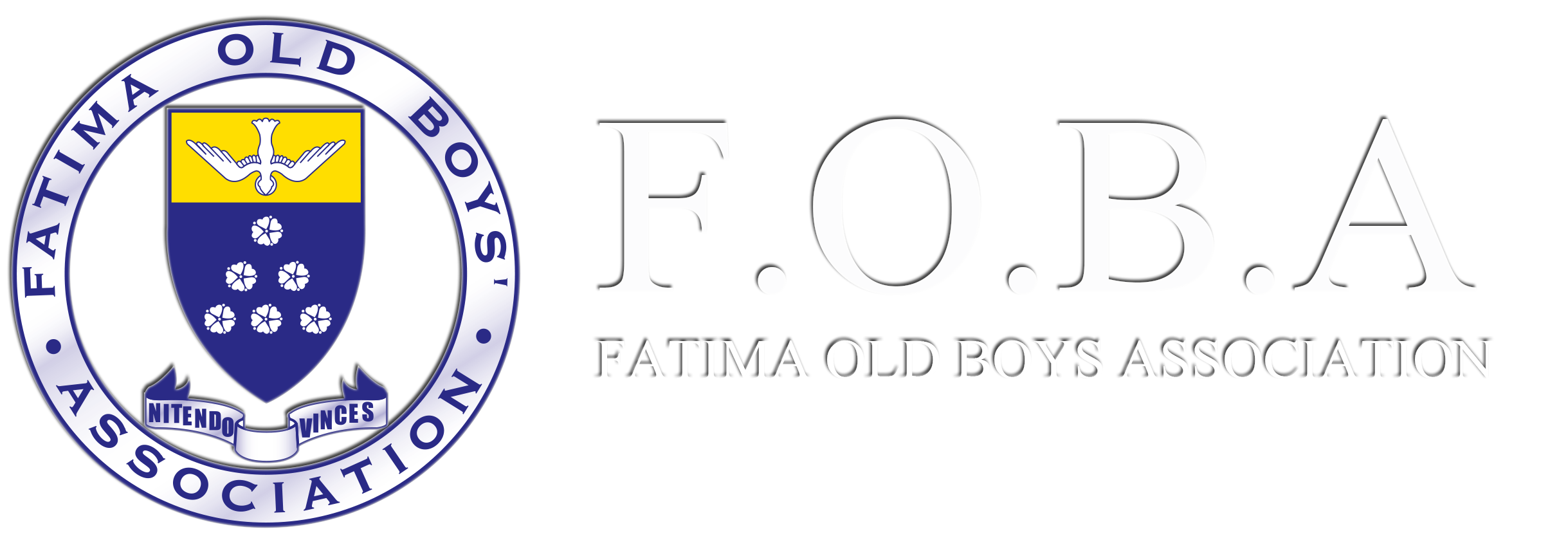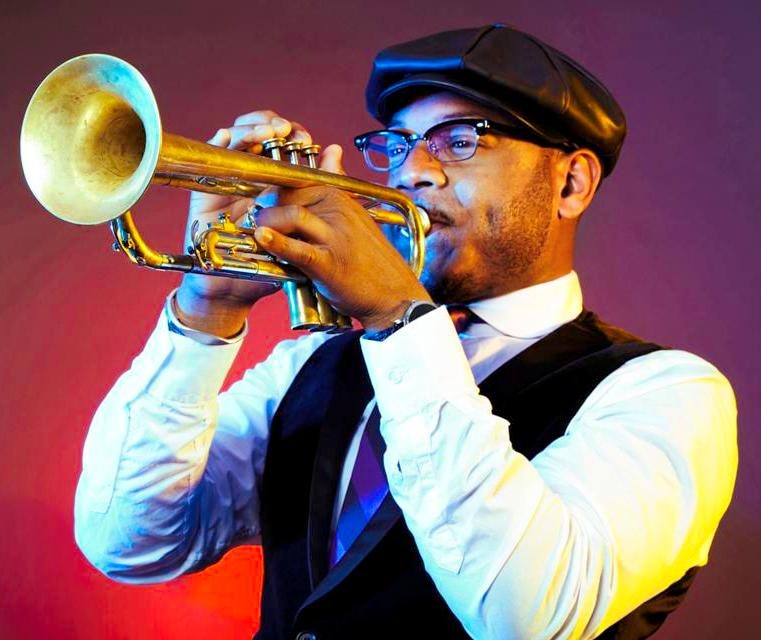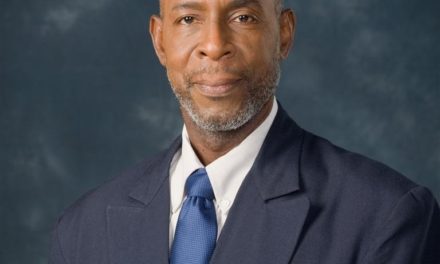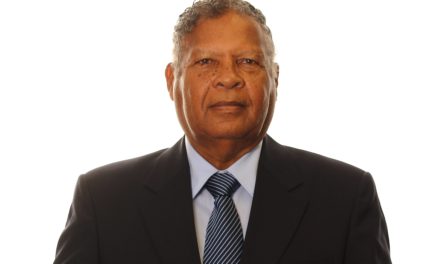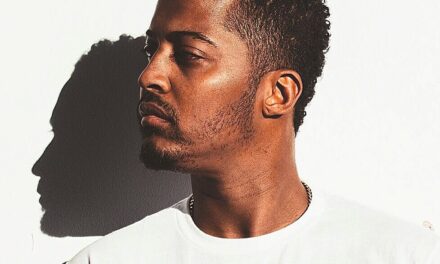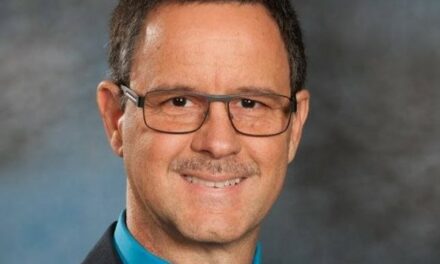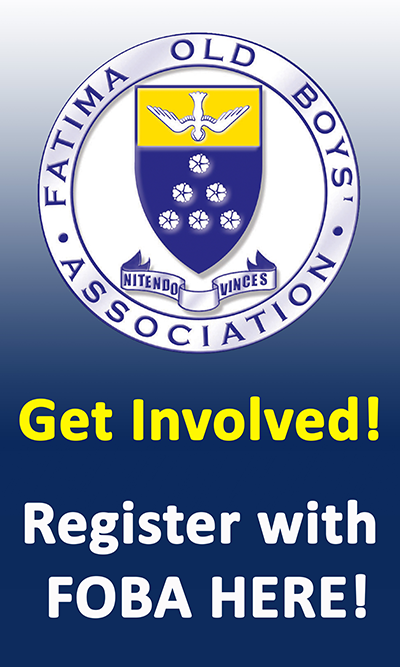- Views 3075
- Likes
Etienne Charles, (Class of 1999 – ‘O’ Levels, 2001 -‘A’ Levels) has been described as one of the most compelling and exciting young jazz artists ushering the genre into groundbreaking new territory. Still in his 20s he has already recorded three impressive and well-received albums.
Etienne is a trumpeter, bandleader, composer, and educator, rooted in both the jazz and Afro-Caribbean folk traditions of his native Trinidad, making his music somewhat mercurial — yet always accessible and inviting. He also plays steel drums and cuatro. Charles comes from a long line of musicians dating back four generations.
Charles found his way to trumpet early and took it up in earnest as a young teen. After high school, he began winning awards at Fatima College. He was the first three-time winner of the Provincial Cup, and the youngest student ever to win it.
In 2008 he received his Master of Music degree from the Juilliard School of Music and was awarded the William Schuman Prize for Outstanding Achievement and Leadership in Music. Charles garnered much experience by appearing on stages with a host of notable musicians, including Wynton Marsalis, Monty Alexander, Gerald Wilson, Roberta Flack, Frank Foster, the Count Basie Orchestra, Maria Schneider, Johnny Mandel, and Benny Golson.
In 2006, Charles won the National Trumpet Competition, Jazz Division. That same year, his debut album, “Culture Shock”, appeared, and received positive reviews. By the time “Folklore” was released in 2009, Charles had formed his own touring and recording band. In 2011, he began teaching at Michigan State University’s College of Music as an assistant professor, and released his third album, “Kaiso”. He released his fourth album, “Creole Soul”, in July of 2013.
You can visit his official website at www.etiennecharles.com.
Q: Describe your musical qualifications.
A: Bachelor of Arts – Music | Florida State University, Tallahassee, FL
Master of Music | The Juilliard School, New York, NY
Q: Are you living comfortably as a musician or is it challenging to earn a living?
A: I am able to pay my bills.
Q: Do you earn your income purely by performing or are there other means?
A: Performing (trumpet/percussion), teaching (Assistant Professor at Michigan State University), recording, composition commissions & arranging. Most musicians do more than just play. I teach at MSU, write arrangements for other groups as well as record.
Q: Tell me about your musical influences growing up.
A: All the sounds around me. The radio played great music back then. Healthy mix of calypso, reggae, R&B and pop. Then there was the sound of pan, parang and African drumming. Those were my earliest influences
Q: Who was your first music teacher?
A: Mr. Michael White, Bishop Anstey Junior School.
Q: Who was your most influential music teacher?
A: I’ve had many influential teachers. Marcus Roberts, Ralph MacDonald, Mark Gould, Joe Wilder, Chris Jaudes, Richard DeRosa, Tony Woodroffe, Francis Pau, Michael White, Bryan Goff, Boogsie Sharpe, Lin Biviano & Leon Anderson.
Q: What musical instruments do you play?
A: Trumpet & Percussion
Q: What was your first musical instrument?
A: I sang in the choir from age 4. I started playing the recorder at 5 or 6.
Q: How did Fatima influence your musical career?
A: When I was at Fatima there was a small crop of us interested in music. Mrs. Gomes would round us up leading up to every feast day to rehearse the hymns. We’d play for the celebrations at St. Theresa’s. We’d also get together and play for prize giving. There were also the intercol matches where we’d play. At that time music class stopped after form 2. My voice broke so I was no longer able to sing in the choir. Fatima is also right across the street from Phase II, so we had that as a great source of music as well. The biggest influence set at Fatima was the importance of a solid work ethic. I’m grateful for that.
Q: From where do you draw your inspiration?
A: Life. It’s an amazing gift. The stories and events shape my music.
Q: When and how did you know that this is what you wanted for your life?
A: I always loved music. It’s been a source of joy for me from birth. I decided to make it a career when I was about 16.
Etienne Charles latest album, ‘Creole Soul’
Q: What subjects did you chose for Form Six and why?
A: I chose French, Spanish & math. I’ll never regret choosing those subjects as they made me familiar not only with languages of different cultures, but also with literature and arts from French and Spanish regions. Anytime I’m traveling I think of my foreign language teachers, Mr. Brash, Ms. Wilson, Ms. Poon and Mr. Joseph for French. Mr. DeSilva, Mrs. Marin, Mr. Ramdass, Mr. Holman and Mr. Roach for Spanish. If it weren’t for them I’d be mute whenever I travel to these countries to play or record. I’m glad I took their words seriously. I took math because I needed a 3rd subject
Q: What do you miss most about Fatima?
A: Fatima is a great community to grow and develop as an individual. It also teaches you respect. School helps to structure your mind so that whatever you take interest in, you can develop a strategic approach to improve and hopefully be successful. I miss midday league from form 1, football & cricket practice, swimming practice lunchtime, liming on the bench, or the steps or wherever. The level of sh*t talk was always high. Sports day was always a blast. Big up Stewart house. We won EVERY year! Yes. 7 years in a ROW!!! I doubt that record will ever be broken. I wasn’t a fast runner but nobody could touch me in lime and spoon race!!!
Q: What do you miss most about Trinidad?
A: I’m home a lot now so a lot of things I don’t miss because I know I’ll get some of it in a few weeks. In winter I miss the warmth and the beach. I also miss the panorama season, practicing in the pan yard and of course borough day celebrations in Point. I also miss the sense of community and neighbourhood that I had growing up and get a taste of every time I’m home. I DON’T miss the traffic.
Q: Who were your favourite teachers at Fatima?
A: Well of course I have to big up the music teachers and teacher musicians. Ms. Cumberbatch, Mr. Brash, Mr. DeSilva, Mr. Holman, Mr. Ramsingh, Mr. Roach & Mrs. Clerk. We used to have St. Theresa’s rocking.
Mrs. Gomes was all love, rallying us together time and time again to put music to the liturgy.
Mr. Seemungal’s geography class in form 1 was a great time. He was clever, informed and always asked us questions. Classes were more of a discussion, out of which you got loads of information. I specifically remember geography class being right after the first break time when in rainy season the weather would change. He asked us why!
In form six we had some deep conversations with Mr. Des Vignes in GP class. I called it life lessons 101.
Mr. Joseph’s French class was something else. His use of common sense is something I take with me into the classroom. Ms. Poon and her “repetition facilitates learning” phrase is one that I use with my students daily.
Fr. Gregory’s religion class was another special one. Even just random daily conversations and confessions with him always put a different perspective on the table. He was really the first to address us as men with responsibilities as opposed to boys.
Mr. De Silva & Mrs. Wilson for lighting a spark and answering any questions I had about foreign languages in form one.
Mr. Ramdass! (is there a subject he doesn’t teach?) I think I had him for Spanish, POB, cricket & football. The example he set taught me that you can really do many things once you’re organized and methodical in thinking.
I was never a science buff so I wasn’t privy to Mr. Garcia’s super physics classes but we had some great dialogues in my time at Fatima. Special spirit in him.
Piggy John was my dad’s classmate years before so he looked over my shoulder a bit. Loved his football too.
Q: Who was the scariest teacher?
A: Form 1 – Mr. Ramdass & Mr. Romero, Form 2 – Mr. Des Vignes, Form 3 – Mr. Des Vignes (back to back victories!), Form 4 – Mr. Lee Ha, Form 5 – Mr. Joseph, Form 6 – Mr. Cooper (the sheriff)
Q: If all your teachers were still there, who would you check first on visiting Fatima today?
A: Wouldn’t they all be in the staff room? Probably Fr. G.
Q: Fatima has produced many musicians. Who were the musicians during your time at Fatima? Share some of your memories of performing with them at school.
A: Tony Woodroffe Jr. was two years ahead of me in Fatima. We both played and studied at the brass institute. Francois Ottley and I were in the same year. He was the calypso/extempo champion. Steve Sealy Jr. was a football star in Fatima. Now he’s a big songwriter on the scene. Barry Bibby (Tripped and Falling) was there as well with his left handed guitar. The ever talented Garnes brothers, Diamanda, Duvano, Ati and Christen were all there as well. There were so many other cats on guitars, bass, drums and pan. Obasi Springer and I joined Orange Sky together. Then I pulled Woodroffe into the mix. Singers like Jason Morancie and Andre Mangatal. Marc Chauharja-Singh and I started playing panorama with Phase II the same year (2000). Abay and Kit Israel were there as well. Kit is a producer, Abay a DJ.
Q: Which part of the school brings back your best memories (e.g. AV Room, Hall, Quadrangle)?
A: Definitely the AV. That was my solace. During free periods I’d go to the AV and try to pluck songs out on the piano.
Q: What does the New York Jazz Scene have that Trinidad is missing?
A: New York is the mecca of jazz. It’s a vibrant space with some of the greatest artists in one small radius. There are many venues where the music can be heard and you get to rub shoulders and interact with your heroes. I’d say the biggest differences are the number of musicians as well as the number of venues.
Q: What ingredient does Trinidad’s music industry need to catalyze its diversification and expansion?
A: Any successful industry comes from the balance of supply and demand. In live music that refers to performing artists and audiences. Once we build up a formidable crop of both the rest will take care of itself.
Q: What is the most valuable lesson you learnt at Fatima?
A: Nitendo Vinces
Q: Advise a Form three student who is about to choose his CXC subjects and wants to be a musician.
A: Is music an option now? That’s great! For subjects i’d advise taking foreign languages, POB/Econ, accounting, history and literature. Foreign languages because you’ll have to negotiate contracts in different languages. POB/econ because you’ll be running your own business. Accounting because taxes for musicians is quite tricky as the income comes from many different places. History to know what came before and how music fit into the scheme then vs now. Literature because good art inspires good art.
Q: Any closing remarks?
A: All I can say is thanks!

